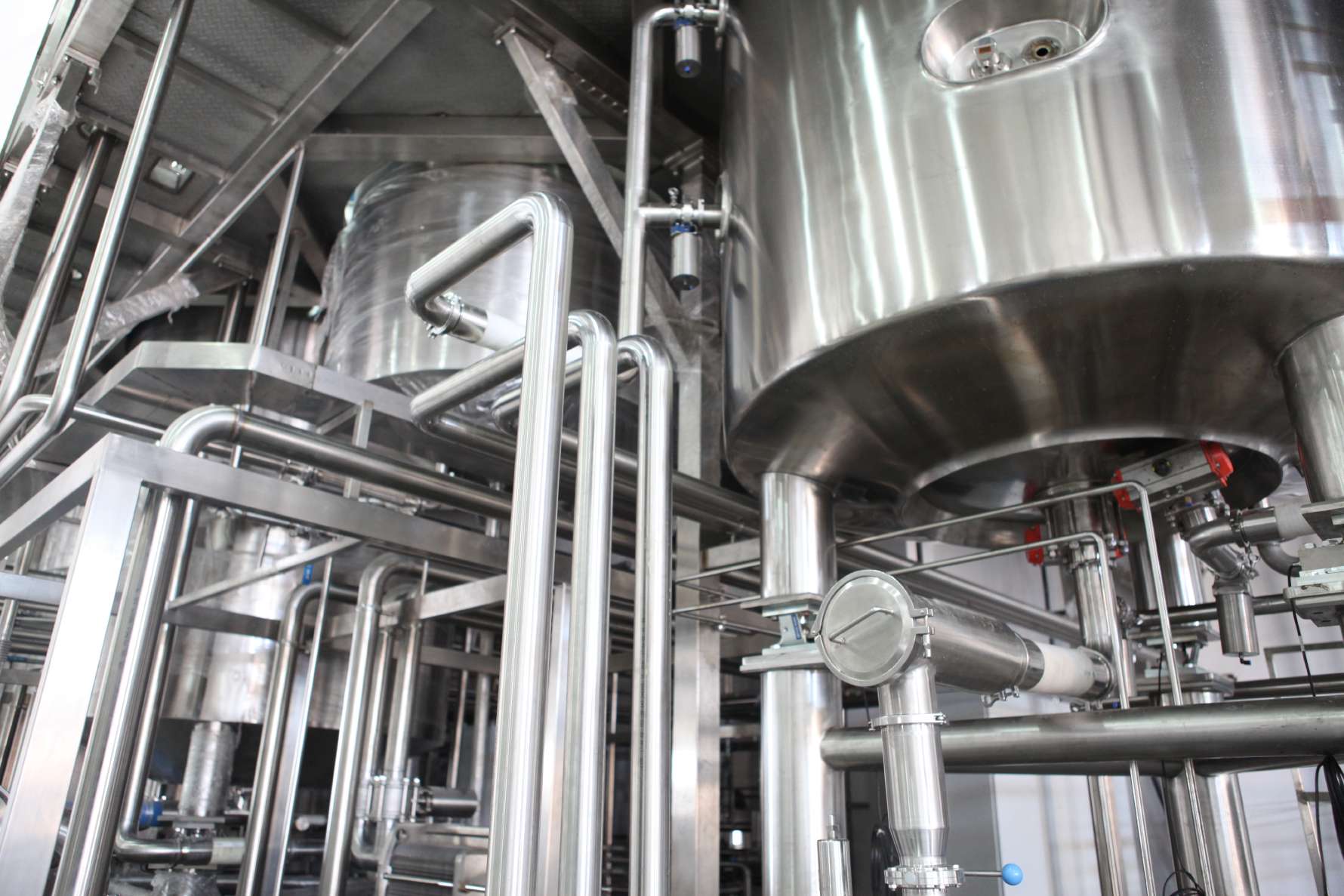Related use case
How the Belgian yeast supplier Algist Bruggeman (part of Lesaffre group) streamlined the quality of their end products through accurate data insights
Frederik Van Leeckwyck on , updated

Have you heard of the unsung heroes of the fermentation industry? Why open data historians are key to finding and replicating the Golden Batch.
Fermentation is a process that has been used around the world for thousands of years to preserve food, make bread and alcoholic drinks, or even cure diseases. It is also the backbone of many industries, including the food and beverage industry, the pharmaceutical industry, and even the biofuel industry.
Industrial companies that leverage fermentation processes are constantly under pressure from clients demanding consistent quality, the challenges of a changing market, their competitors and stringent traceability requirements.
At the same time, fermentation processes are complex, with many variables that can affect the outcome, such as temperature or pH levels. To ensure a consistent production quality, it is key to collect and analyse data in real time, so operators can make adjustments quickly when deviating values occur.
However, due to limited data collection capacity, outdated IT systems, a lack of instrumentation and a myriad of data silos, managing and analysing process data is more often than not a recipe for painful headaches.

Undoubtedly the most intriguing challenge for companies in the fermentation industry is their quest for the elusive Golden Batch. It’s their Holy Grail. The pay-off of finding it and being able to replicate it is huge: an ever perfect product quality, no matter which batch or order, resulting in happy clients.
Sometimes the chase is better than the catch. But in their quest for the perfect production batch, many companies that leverage fermentation-based processes are still struggling with the demons of data management.
An open data historian is an IIoT software solution that collects, stores, and analyses data from industrial processes in real-time. Unlike the traditional historians from big vendors, it is designed to be open and flexible, allowing for easy integration with existing systems and (legacy) devices.
Using an open data historian is like getting help from a private detective, searching for clues to solve the mystery of the perfect batch. Data historians are able to track and store data from all stages of the production process, ranging from temperature and pH levels to the recipes used and the time each step took.
And by collecting this data and analysing it in real-time, companies can find the sweet spot, where everything comes together to create that perfect batch.

Take a look at yeast supplier Algist Bruggeman, for example, where we implemented Factry Historian. By eliminating manual data entry and radically simplifying data management, they were able to improve the accuracy of their data, enable real-time process analysis, and finally reach the Golden Batch.
While we used to make a lot of decisions based on gut-feeling, we can now compare objective production data from different sources, gain more insight into our processes, and produce better yeast more efficiently. The Golden Batch is now within reach at last!
Ivo Lemmens
Project Manager Automation at Algist Bruggeman

To meet the needs of many of our clients, we developed an automated event detection module for Factry Historian. This generic module is highly configurable through simple logic, and also applicable to other niches of the process industry – without needing custom development to make it fit.
Being able to pinpoint process events, such as standstills, batches, production runs, or even shift changes, allows them to get more fine-grained insights into the efficiency of production operations and processes, and look at data from different angles: whether it is energy use, materials consumption or OEE.
If you think that’s great, we haven’t even discussed the pricing model yet. No more pay-per-use business model. Instead, they get an unlimited amount of processed data, and unlimited users. All within a single licence fee.
Having data from an unlimited amount of data silos available in one IIoT platform, can also help plant managers and operators to identify other areas for operational improvement, such as reducing waste or increasing efficiency, to make the production process smoother and more profitable.
Through the historian’s built-in visualisation tool, managers and operators can zoom in on process or machine issues, and spot hidden patterns, trends and bottlenecks by combining data sets. This makes it a lot easier to set up a CI programme, follow up on it, and schedule preventive maintenance on time.
Because any department or employee can access live and historical production data, the benefits of transparent data open up to the whole organisation. Engineers, people from R&D or Quality, facility managers: they can all use the data at their fingertips to come up with clever solutions.


Download our white paper 'How to get started with industrial data collection'
The quest for the Golden Batch is a story of innovation, determination, and the power of frictionless access to process data.
In order to reach this level of proficiency, manual processes and point solutions won’t get you a long way. Data should be transparent across departments, and data silos should be connected to get deeper process insights.
Companies that manage to recreate the Golden Batch on every production order, have been able to revolutionise their niches, producing high-quality fermented products that are cost-effective, sustainable and eco-friendly.
With the help of open data historians and the latest technology, companies leveraging fermentation-based processes can continue to push the boundaries of what is possible in terms of efficiency, quality and profitability.